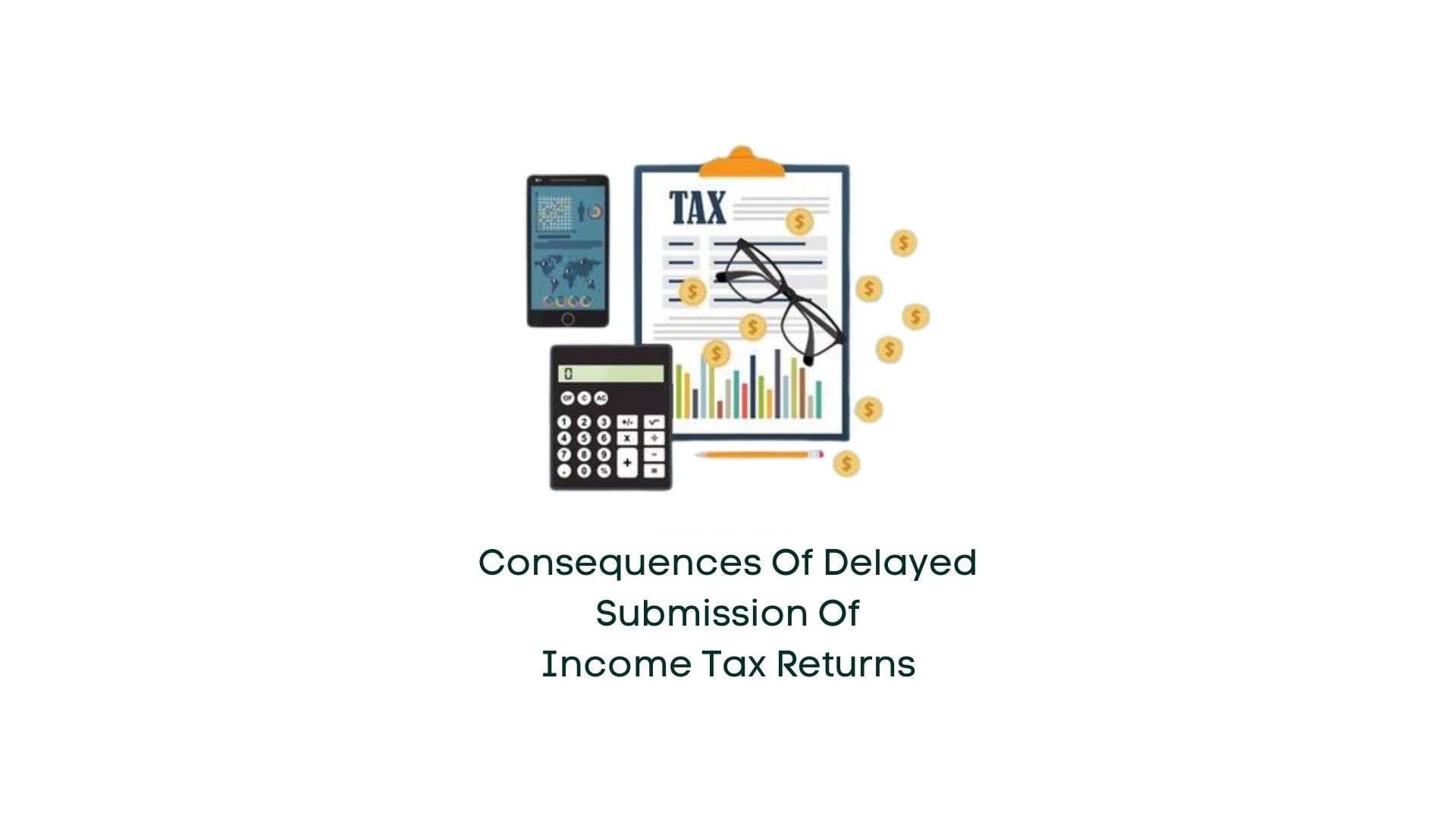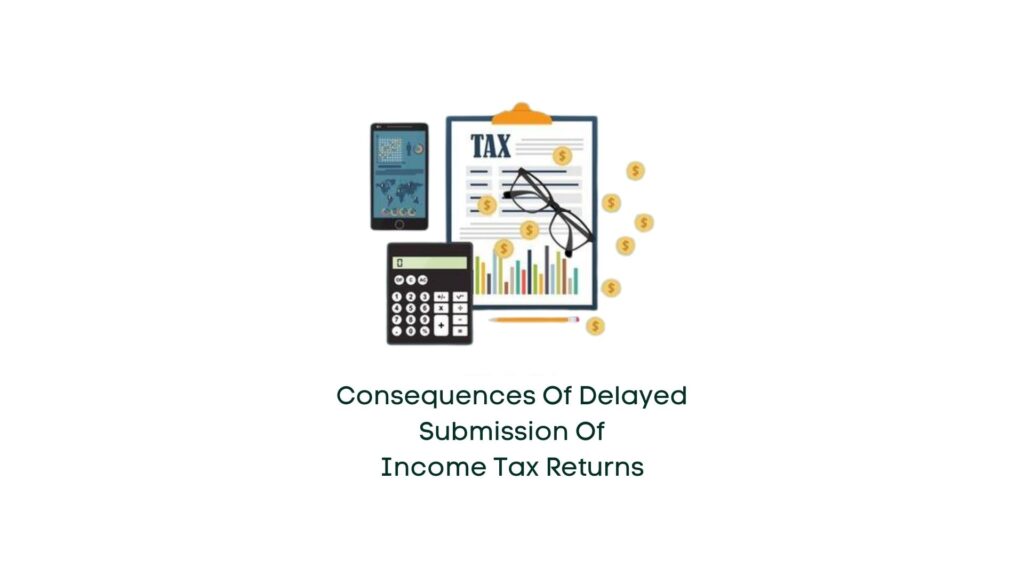
29 Feb Consequences of Delayed Submission of Income Tax Returns

The deadline for filing income tax returns stands as a pivotal moment for taxpayers, marking not just a legal obligation but also a significant financial responsibility. Each year, citizens are required to submit their returns by the designated due date, typically by 31st July of the assessment year corresponding to the financial year. However, the consequences of missing this deadline can extend far beyond mere inconvenience. In this discourse, we delve into the ramifications of late submission, exploring the penalties, potential legal actions, and the importance of adhering to tax deadlines for fiscal prudence.
Tax Filing Deadline:
Taxpayers are obligated to submit their income tax returns by the stipulated deadline, typically by 31st July of the assessment year corresponding to the financial year, unless an extension is granted.
Assessment Year Window:
The government provides a four-month window each Assessment Year (A.Y.) for citizens to compile income details for the relevant financial year and file their returns. This window extends from 1st April to 31st July, unless otherwise extended.
Penalties for Late Filing:
Failing to file returns by the due date carries legal consequences. Since the financial year 2017-18, late filing fees have been enforced for returns filed after the due date.
Filing Deadline for AY 2024-25:
For the Assessment Year 2024-25, the deadline for filing returns under section 139(1) is 31st July 2024, unless extended by the government.
Late Filing Fees:
Under section 234F, late filing fees became effective from FY 2017-18. Missing the deadline and filing a belated return by 31st December 2024 incurs penalties.
Penalty Structure:
A maximum penalty of Rs 5,000 is levied for filing after the due date but before 31st December 2024. However, small taxpayers with total income not exceeding Rs 5 lakh face a maximum penalty of Rs 1,000 for delay.
Benefits of Timely Filing:
Filing returns on time demonstrates responsibility and offers several benefits, including:
- Easy Loan Approval
- Claiming Tax Refunds
- Income & Address Proof
- Expediting Visa Processing
- Carry Forward of Losses
- Avoiding Penalties and Prosecution
Consequences of Late Filing:
Failure to meet the deadline can lead to severe consequences, including prosecution and penalties imposed by the income tax department.
- Prosecution
- Penalties
Other Adverse Effects:
Late filing also results in:
- Inability to Set Off Losses
- Interest Charges
- Delayed Refunds
Importance of Timely Compliance:
Filing ITR is contingent upon tax payment. Interest accrues from the immediate day after the due date, emphasizing the importance of timely compliance to avoid further financial implications.


No Comments